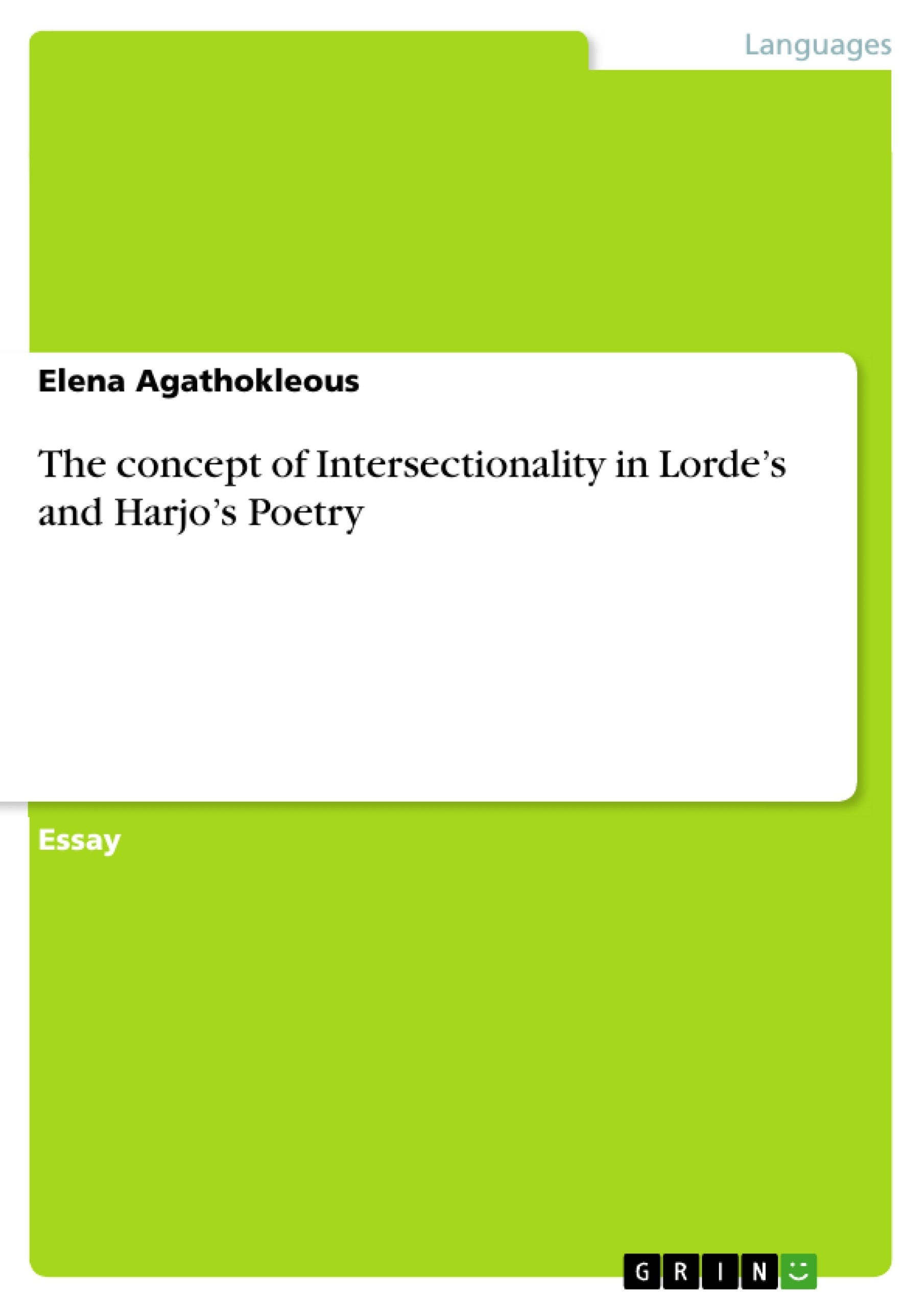Audre Lorde is one of the most appropriate examples of a person with a multi-layered identity, associated with more than one marginalized groups faced with various forms of oppression, like racism or heterosexism. As a writer she not only advocated toward the inclusion of Intersectionality in movements like feminism but also served as a concrete example of a multiply oppressed personality. As she stated herself, she constantly experienced the pressure to deny an aspect or even aspects of her personality and accept the fragmented result as her whole self.
Table of Contents
- Intersectionality
- The Concept of Intersectionality
- Intersectionality in Social Categories
- History and Origin of the Term
- Audre Lorde
- Audre Lorde’s Multilayered Identity
- Audre Lorde’s Fight for Inclusion
- Audre Lorde's Poem "Love Poem"
- Audre Lorde's Poem "Coal"
- Joy Harjo
- Joy Harjo’s Native American Heritage
- Themes in Joy Harjo's Poetry
- Joy Harjo's Political and Feminist Poetry
- Joy Harjo’s Poem “She had some horses”
Objectives and Key Themes
This work examines the concept of intersectionality through the lens of Audre Lorde’s and Joy Harjo’s poetry. It analyzes how their experiences as individuals with multi-layered identities inform their writing and advocacy for social justice. By exploring their works, the text aims to demonstrate the complexities of intersectionality and its impact on individual and societal perspectives.
- Intersectionality as a Framework for Understanding Identity
- The Experiences of Multi-Oppressed Groups
- The Role of Poetry as a Tool for Social Change
- Feminist Critiques of Traditional Social Structures
- The Interplay of Race, Class, Gender, and Sexual Orientation
Chapter Summaries
The text begins by introducing the concept of intersectionality as a framework for understanding how various social categories intersect and influence individual experiences. It then delves into the life and work of Audre Lorde, highlighting her multilayered identity as a Black lesbian woman and her advocacy for intersectional feminism. Through an analysis of Lorde’s poems “Love Poem” and “Coal,” the text explores how she uses her writing to express her experiences with oppression and resist societal norms.
Next, the text examines the poetry of Joy Harjo, focusing on her Native American heritage and its influence on her work. It analyzes themes of land, nature, and the spirit world in her poetry and discusses her feminist critiques of colonialism and capitalism. The text also highlights Harjo’s use of language as a weapon against oppression and her advocacy for social change through her poetry.
Keywords
The text explores the intersectionality of race, class, gender, and sexual orientation in the poetry of Audre Lorde and Joy Harjo, examining how their multi-layered identities shaped their writing and advocacy for social justice. Key themes include intersectional feminism, oppression, marginalization, social change, and the role of poetry as a tool for resistance. The text also discusses the historical context of intersectionality, particularly in relation to the limitations of traditional feminist movements and the experiences of Black women and Native American women.
- Quote paper
- Elena Agathokleous (Author), 2018, The concept of Intersectionality in Lorde’s and Harjo’s Poetry, Munich, GRIN Verlag, https://www.hausarbeiten.de/document/1007708


